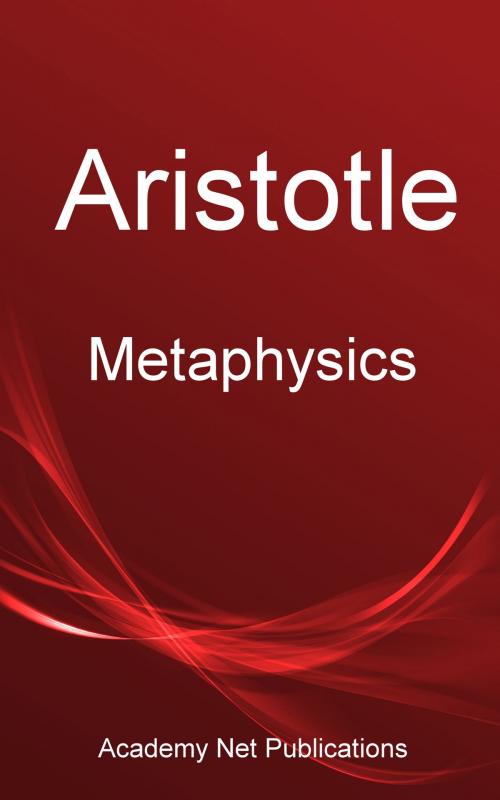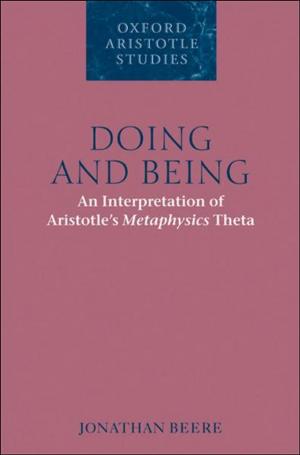| Author: | Aristotle | ISBN: | 1230000213650 |
| Publisher: | Academy Net Publications | Publication: | January 28, 2014 |
| Imprint: | Language: | English |
| Author: | Aristotle |
| ISBN: | 1230000213650 |
| Publisher: | Academy Net Publications |
| Publication: | January 28, 2014 |
| Imprint: | |
| Language: | English |
The Metaphysics is considered to be one of the greatest philosophical works. Its influence on the Greeks, the Muslim philosophers, the scholastic philosophers and even writers such as Dante, was immense. It is essentially a reconciliation of Plato’s theory of Forms that Aristotle acquired at the Academy in Athens, with the view of the world given by common sense and the observations of the natural sciences. According to Plato, the real nature of things is eternal and unchangeable. However, the world we observe around us is constantly and perpetually changing. Aristotle’s genius was to reconcile these two apparently contradictory views of the world. The result is a synthesis of the naturalism of empirical science, and the rationalism of Plato, that informed the Western intellectual tradition for more than a thousand years.
At the heart of the book lie three questions. What is existence, and what sorts of things exist in the world? How can things continue to exist, and yet undergo the change we see about us in the natural world? And how can this world be understood?
The Metaphysics is considered to be one of the greatest philosophical works. Its influence on the Greeks, the Muslim philosophers, the scholastic philosophers and even writers such as Dante, was immense. It is essentially a reconciliation of Plato’s theory of Forms that Aristotle acquired at the Academy in Athens, with the view of the world given by common sense and the observations of the natural sciences. According to Plato, the real nature of things is eternal and unchangeable. However, the world we observe around us is constantly and perpetually changing. Aristotle’s genius was to reconcile these two apparently contradictory views of the world. The result is a synthesis of the naturalism of empirical science, and the rationalism of Plato, that informed the Western intellectual tradition for more than a thousand years.
At the heart of the book lie three questions. What is existence, and what sorts of things exist in the world? How can things continue to exist, and yet undergo the change we see about us in the natural world? And how can this world be understood?















